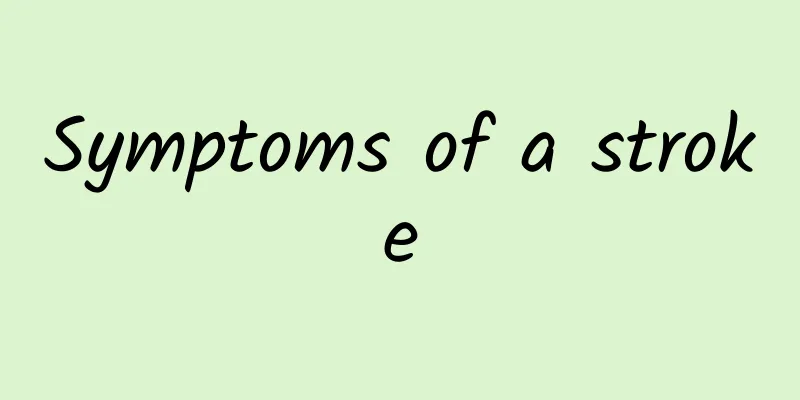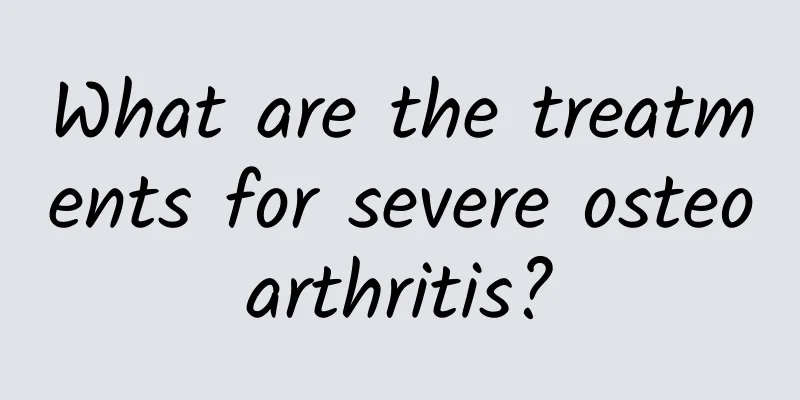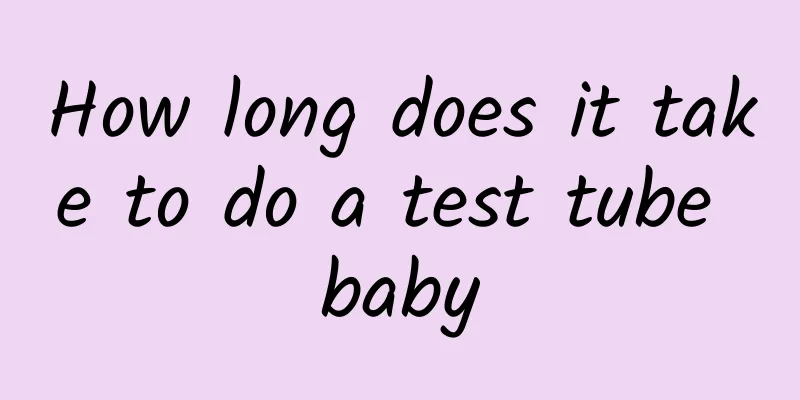Are cysts on the liver serious?

|
Many people believe that liver cysts can cause some complications, such as cancer or abnormal liver function. However, research has found that liver cysts do not affect normal liver function or the development of liver function. Most of these will make patients feel a little uncomfortable, and taking medicine on time can allow the cyst to recover. Treatment Liver cysts will neither affect liver function nor develop into liver cancer, so this type of cyst usually does not need to be treated, and only regular check-ups are required. But if it grows really large and makes the patient feel uncomfortable, it can be treated. There is no need for surgery during treatment. Under the guidance of ultrasound, the doctor can insert a thin needle into the cyst, draw out the fluid in the cyst with the thin needle, and then inject pure alcohol to prevent the cyst from growing again. If the cyst grows very large and the patient feels a lot of pain, surgical treatment can be considered to remove the cyst together with the cyst membrane to relieve the patient's pain. For isolated hepatic cysts, unless complications such as cyst rupture, cyst pedicle torsion or intracystic hemorrhage occur, emergency surgery should be performed. Otherwise, elective surgery should be scheduled based on the size and location of the cyst and the patient's general condition and subjective symptoms. Asymptomatic solitary liver cysts occasionally discovered during physical examinations can be temporarily treated conservatively and regularly observed using ultrasound examinations, and one needs to be vigilant against the occurrence of malignant transformation. It is best to perform surgical treatment for large liver cysts with symptoms, because conservative treatments such as puncture and fluid extraction are generally prone to recurrence and may bring bacterial contamination. Polycystic liver disease should usually be treated non-surgically. Since the lesions involve the entire liver, the disease cannot be cured unless a liver transplant is performed. However, once polycystic liver disease compresses the chest and abdomen due to liver enlargement and affects breathing and circulation, surgery should be considered to relieve pressure. The following surgical methods can be used according to specific conditions: 1. Liver resection; 2. Cyst excision; 3. Cyst fenestration or subtotal cyst resection; 4. Internal drainage of the cyst; 5. Cyst puncture, fluid extraction and sclerotherapy. Surgery for polycystic liver disease: Unless the lesions are confined to one lobe of the liver and are accompanied by symptoms, or there is suspicion of malignancy, surgical treatment is generally not recommended. When individual cysts in polycystic liver disease are found to be growing rapidly, compressing adjacent organs, and seriously affecting the patient's daily life or cardiopulmonary function, repeated punctures and fluid extractions can be performed on the larger cysts. If the patient is in good general condition and has normal liver function, a fenestration surgery can be performed to relieve pressure, alleviate symptoms, and promote liver cell regeneration. Those who have the conditions can undergo liver transplantation to completely cure the disease. Treatment of polycystic liver disease combined with polycystic kidney disease: The treatment of polycystic liver disease refers to the above plan. When polycystic kidney disease has no symptoms, kidney function can be observed and checked regularly. If symptoms occur (such as low back pain, hematuria, hypertension, renal failure, etc.), surgical treatment is required, including puncture or incision of the cyst to reduce cyst pressure, which can sometimes delay the progression of the disease and renal failure. Dialysis therapy can be performed if necessary. A radical cure requires a kidney transplant. |
<<: The best way to nourish your liver
>>: What are the symptoms of excessive liver fire?
Recommend
Knowledge on prevention and treatment of iodine deficiency
Iodine deficiency is a disease caused by too litt...
What to do if you have emotional anxiety disorder
Emotional anxiety disorder is also a common manif...
My face is itchy and feels like it has densely packed small bumps
Experts say that the itchy feeling and densely pa...
How to treat postpartum heel pain
If women do not take proper care of themselves du...
Thyroid disorders
There are many types of common diseases. When tre...
Where should I apply the Sanfutie for rhinitis?
Sanfutie is a very powerful Chinese herbal medici...
Dry and bleeding nasal mucosa
Dry and bleeding nasal mucosa is very common in d...
Preventing Mouth Ulcers
Oral ulcers are a very common problem. The occurr...
What does white matter lesions mean?
Protein is an important component of the central ...
Epilepsy symptoms
Epilepsy, which is what people often call epileps...
Is it cerebral palsy if the 2-month-old baby's legs are shaking?
If a two-month-old baby often has leg tremors, pa...
Does inserting mugwort leaves add fragrance?
Nowadays, people pay more and more attention to h...
What to do if the skin turns dark due to eczema
Eczema is a common skin disease in daily life. Ma...
How to get rid of bad temper?
A person's temper has a great impact on his l...
What to eat after uterine fibroid surgery
The uterus is a female-specific organ. It is the ...









